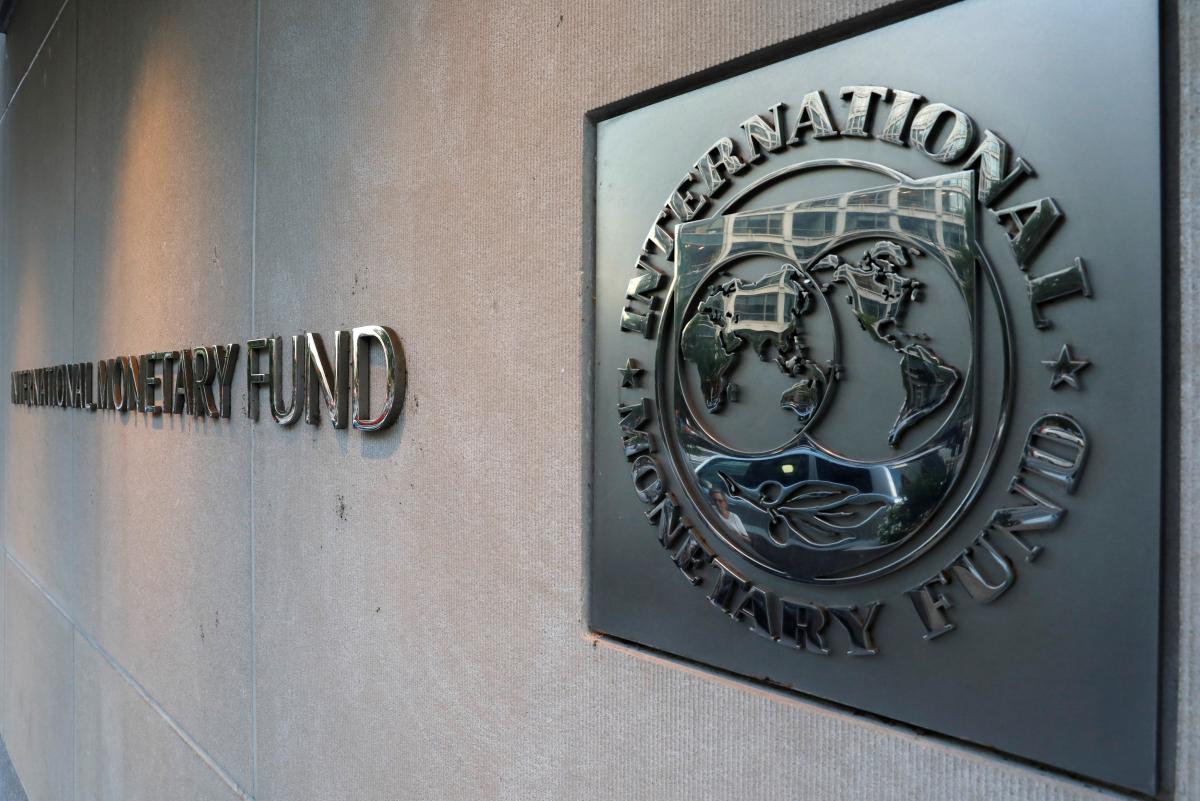
The International Monetary Fund (IMF) has announced a faster recovery of the global economy, but it is unequal, as well as there are worrying signs that the gap between advanced economies and emerging markets is growing.
"In January, we projected 2021 global growth at 5.5%, but prospects of a stronger recovery are emerging – because of additional fiscal stimulus, especially in the U.S., and the prospects of broader vaccination," First Deputy Managing Director Geoffrey Okamoto said at the IMF China Development Forum on March 20, 2021.
At the same time, he said the global recovery had been incomplete and unequal.
Read alsoFurther cooperation with IMF to let Ukraine's economy grow by 4.3% – expert"It is incomplete because, despite a stronger than expected recovery in the second half of 2020, GDP remains well below pre-pandemic trends in most countries," Okamoto said.
China, in many ways, has already completed its recovery, returning to its pre-pandemic growth levels ahead of all large economies. Outside of China, though, there are worrying signs that the gap between advanced economies and emerging markets is growing.
According to the IMF, cumulative income per capita in emerging and developing countries, excluding China, between 2020 and 2022 will be 22% lower than what it would have been without the pandemic.
"That will translate into close to 90 million people falling below the extreme poverty threshold since the pandemic started," the official said.
Okamoto said the uncertainty about the recovery is exceptionally large.
"We don't know how prolonged the health crisis will be. Access to vaccines remains very uneven, both across advanced and emerging economies," he said.
"Low-income countries might not see significant vaccination well into 2022, and that is a problem: this pandemic will only really be over when it is over for everyone. Another risk is the spread of resistant mutations that threatens to reduce the efficacy of current vaccines and could undermine or delay the recovery," he added.
IMF in Ukraine
On June 9, 2020, the IMF's Executive Board adopted an 18-month Stand-By Arrangement (SBA) worth SDR 3.6 billion, or about US$5 billion, aimed at helping Ukraine overcome the consequences of the COVID-19 pandemic.
On June 12, Ukraine received the first IMF disbursement worth US$2.1 billion under the SBA.
In late November, the Finance Ministry reported on the successful completion of talks with the IMF on benchmarks of the draft budget for 2021, which was one of the major prerequisites for starting the SBA review.
On January 11, 2021, an IMF mission resumed work in Kyiv, they worked until February 12 but departed without any decision on the SBA review.

